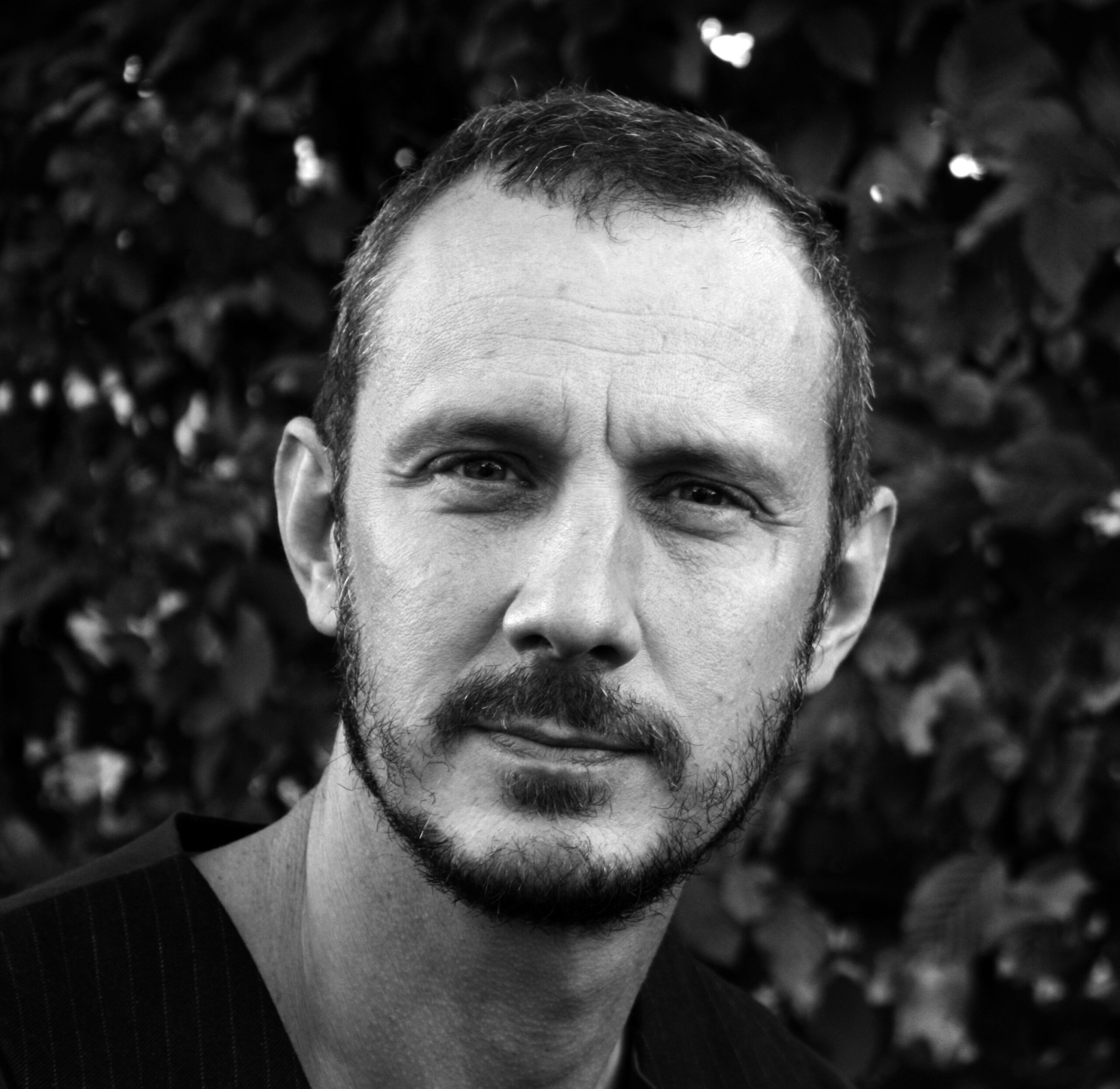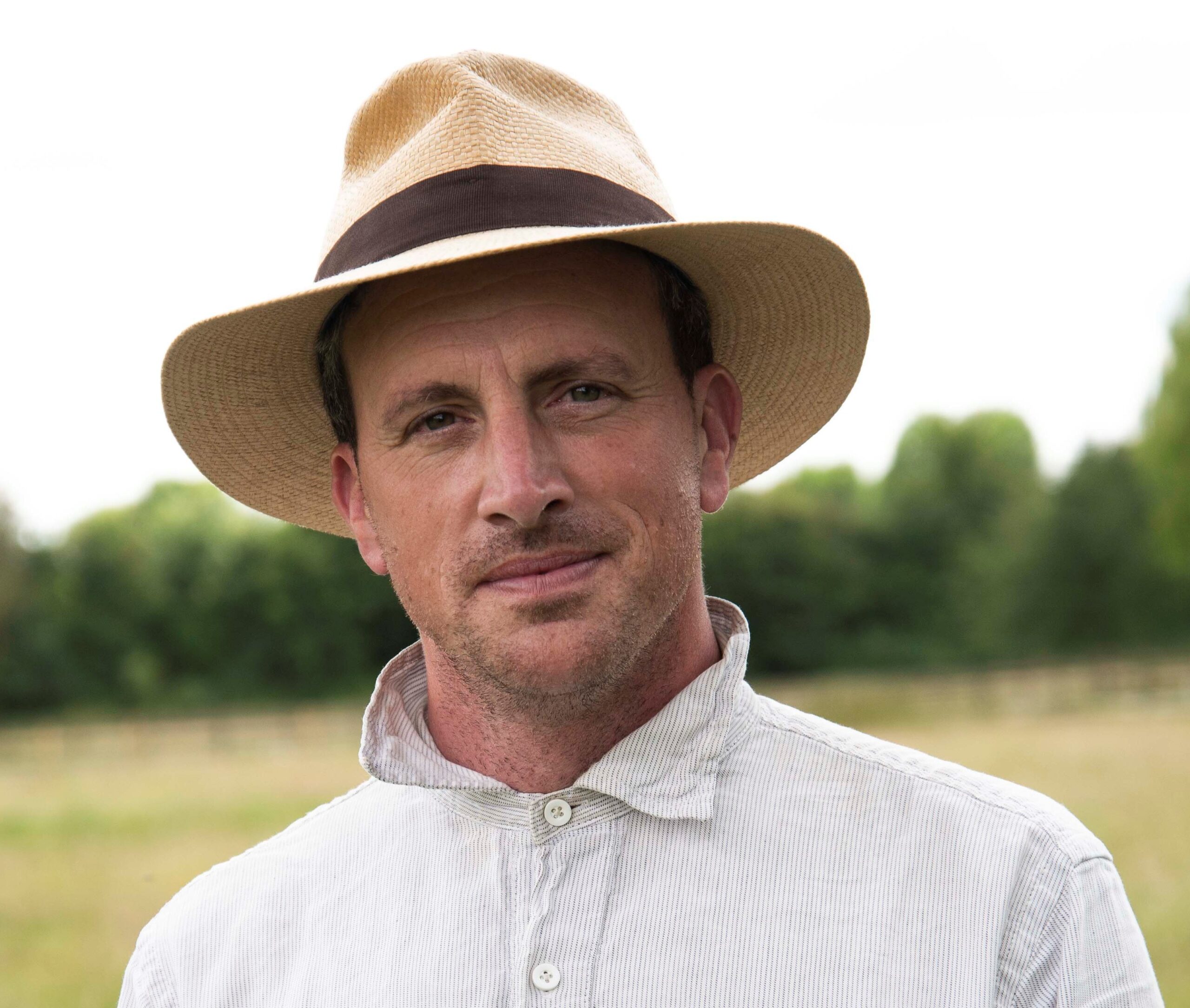Craft Conference 2019
About plenary lecturers
Dr. Alexander Langlands (see his photo below)
Senior lecturer of history and heritage
Department of History, Swansea University, Wales, UK
Title of the lecture: Cræft: How traditional crafts are about more than just making
Preliminary Proposal: Long standing patron of the Heritage Crafts Association (United Kingdom), writer, and broadcaster Dr. Alex Langlands (Swansea University) explores a range of traditional crafts in a bid to seek out some values and definitions of craft fit for the modern age. In our desire (in the UK) to move beyond nostalgia in our appreciation if traditional crafts, we can be guilty of dismissing methods of production, use and discard as out-dated. Any attempts to see these methods as viable for contemporary craft practice are considered romantic and out-of-touch with the need for dynamism in craft innovation. But without critical analysis of the contexts within which traditional crafts were being practiced, are we guilty of deliberately blinding ourselves to the potential social and economic viability of crafts in more sustainable models of production?
Biography: Dr. Alex Langlands is best known for his appearances in the BBC’s Victorian, Edwardian and Wartime Farms. He has also worked for Channel 4, Channel 5, and the History Channel on a range of history and archaeology based programs but his research interests lie in the study of the traditional crafts, the important role craft-production can play in understanding past societies and how this is presented to contemporary audiences. His book ‘Cræft: How traditional crafts are about more than just making’ has won critical acclaim on both sides of the Atlantic and he is currently filming the second series of the ratings success Digging Up Britain’s Past (Channel 5). He lives in Swansea where he works as a senior lecturer in history and heritage at Swansea University.
Dr. Gunnar Almevik
Professor of heritage conservation
Department of Conservation, Gothenburg University, SWE
Title of the lecture: Research based education in crafts
Preliminary Proposal: Today there exist several fields of study in higher education strongly anchored in a craft. We find crafts in various faculties and disciplines, and also in novel combinations and hybridised with traditional academic fields. This is one bright side of academisation. Another reality, enhanced by the Bologna process to harmonise higher education in Europe, is the emphasis on scholar competences and research to ensure students post-graduate careers. This face of academisation may be perceived as a threat to the integrity of the crafts. The craft teacher may despair; will there be sufficient capacity for skills acquisition and hands on training? There exist a conflict between the craft vocation and a possible craft discipline. In a worst case scenario, academisation forces craft educations into a dichotomic divide of ‘theoretical’ and ‘practical’ courses, where the academic content is perceived as something apart from the craft subject. This presentation will argue for an integrated approach to theory and practice in craft education, where the craft is used systematically as a way to conduct research. Theory is not excluded for lectures and study of literature. Students in crafts have to learn how to identify, use and develop theories from within the practice, by exploring systematic ways to learn from practice. Teaching research methods conducted through craft practice will disclose the fact that skill is a core question of rigour in the craft sciences.
Biography: Gunnar Almevik is professor in Conservation at the University of Gothenburg and research fellow at the Swedish Royal Academy of Letters, History and Antiquities. His research concerns cultural perspectives on traditional crafts, buildings and built environments, and has a methodological focus on questions related to cultural heritage, material culture and making. His career consists to a large extent of efforts to create research opportunities for craftspeople. In 1996 he established a vocation college for building and gardening crafts which is now integrated in the Swedish higher education sector with bachelor, masters and doctoral degree in crafts. In 2010 he established the Swedish Craft Laboratory, which is a research centre aiming to bridge theory and practice in the field of conservation, and to enhance the capacity of traditional craftsmanship.
Also look here
Photos of Alexander and Gunnar:





